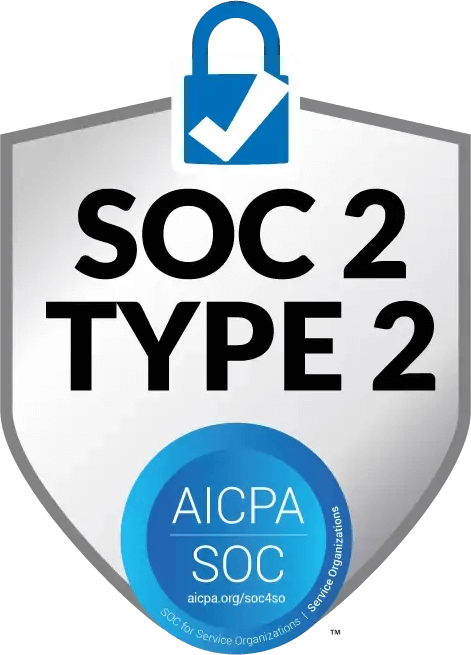The Real Cost of Paper Receipts and Manual Bill Approvals
Discover how paper receipts and manual bill approvals quietly erode construction margins—and how going digital can save time, improve accuracy, and protect your profit.


.png)
Contents
In an industry where margins are razor-thin and time is money, the true cost of outdated financial workflows often flies under the radar. Paper receipts, spreadsheet tracking, and manual bill approvals may seem like minor inconveniences, but they’re quietly eating away at your profit.
Here’s why ditching paper and going digital isn’t just a tech upgrade. It’s a strategic move for any builder who wants to protect their bottom line.
The Hidden Labor Costs
Manual data entry is a time sink. According to a 2021 report from QuickBooks and Wakefield Research, small business employees spend an average of 4.5 hours per week on manual data entry and financial admin tasks. For construction companies, where bills and receipts flood in from multiple vendors and job sites, that number is often higher.
Assuming your bookkeeper or office manager earns $25/hour, those 4.5 hours/week add up to nearly $6,000 per year—just to move numbers from paper into software. And that doesn’t include the time your PMs or field staff spend chasing receipts or approving bills.
The Risk of Missed or Miscoded Costs
Every paper receipt that gets lost or sits unentered is a risk to your project’s financial accuracy. Missed expenses mean:
- Inaccurate job costing
- Underbilling in cost-plus contracts
- Misleading profit margins on fixed-price work
In a study by the Construction Financial Management Association (CFMA), companies that implemented digitized financial workflows saw an average 3-5% improvement in cost accuracy, simply from better tracking.
If you’re running $10 million/year in project volume, that’s potentially $300,000–$500,000 in costs better managed just by tightening up your financial inputs.
Approval Delays = Payment Delays
Paper-heavy approval workflows (think: printed bills, inbox forwarding, desk drop-offs) create a chain reaction of delays:
- Subs and vendors don’t get paid on time
- Relationships are strained
- You’re forced to front cash or pull from credit
Builders who switch to digital approval workflows often reduce bill processing times by 50% or more. Faster approvals mean:
- Tighter cash flow
- More negotiating power with vendors
- Better financial visibility across jobs
The Real Cost: Your Time and Trust
Beyond dollars, these outdated processes erode team trust. Your field teams hate turning in paper receipts. Your office team dreads the monthly close. Everyone’s stuck in a loop of chasing paper and cleaning up mistakes.
Modern builders are breaking that loop with tools like Adaptive:
- Snap a photo of a receipt, tag the job, and you’re done
- Bills are auto-categorized and routed for digital approval
- Real-time sync with QuickBooks means no double entry
Final Thoughts
Paper may seem harmless, but it’s holding your team back. The builders who are winning in today’s market are the ones eliminating friction—starting with the workflows that no one has time for.
Switching to digital isn’t about going paperless for the sake of it. It’s about getting your margins, your time, and your sanity back.


Ready for crystal clear financials without the headache?
Let us show you how Adaptive's AI-powered construction financial management software works in a brief 30 minute demo with someone from our team.







